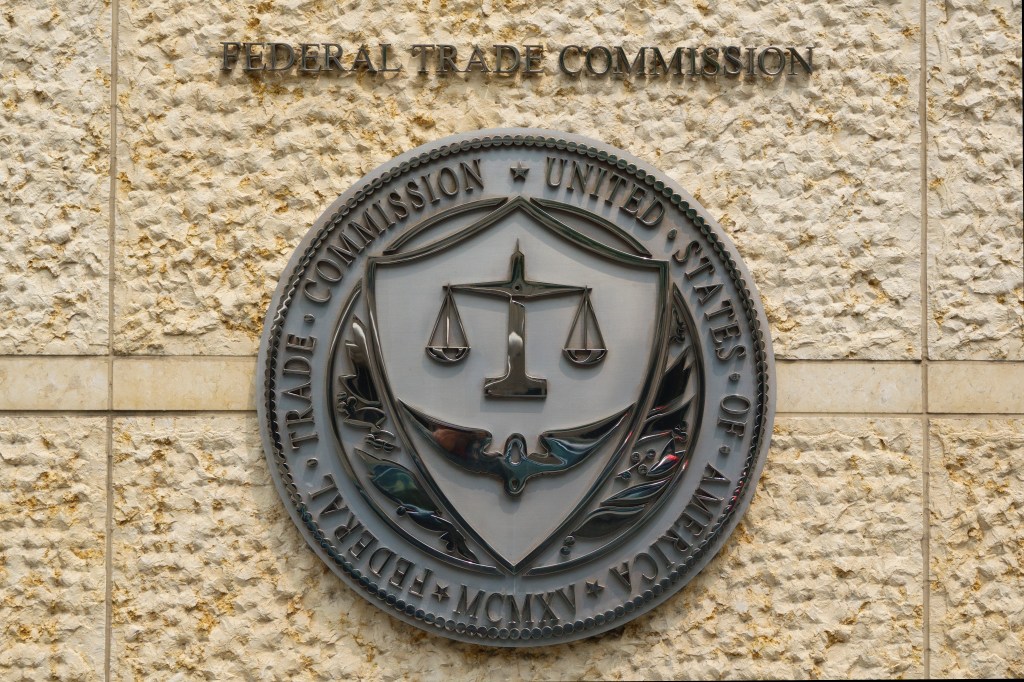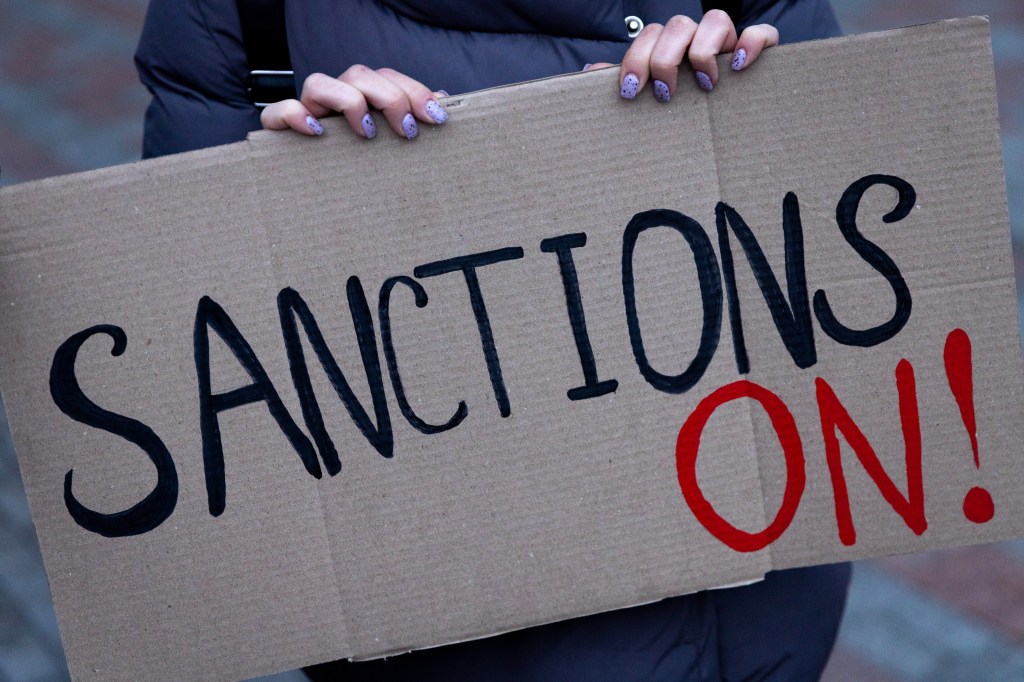Global manufacturing firm 3M reached a $9.6m settlement with the US Treasury Department’s Office of Foreign Assets Control (OFAC) after it allegedly violated US sanctions on Iran.
OFAC imposed a $9.6m settlement on the global manufacturing giant 3M, with the company agreeing to settle its potential
Register for free to keep reading
To continue reading this article and unlock full access to GRIP, register now. You’ll enjoy free access to all content until our subscription service launches in early 2026.
- Unlimited access to industry insights
- Stay on top of key rules and regulatory changes with our Rules Navigator
- Ad-free experience with no distractions
- Regular podcasts from trusted external experts
- Fresh compliance and regulatory content every day













